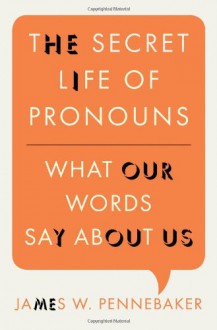
For more reviews, check out my blog: Craft-Cycle
I loved this handy little guide. Simple, easy, and to the point. It covers various topics such as how to ask someone what pronouns they use, how to use gender neutral language in everyday life, and how to address situations in which someone uses an incorrect pronoun (in reference to you or others).
One of the things I really liked about this book was the explanation of how someone may feel when they are misgendered. It is very simple, but so meaningful. Gender neutral language is a new way of thinking for many people, but reading from someone first hand about how a person who is misgendered feels should motivate anyone to at least try to use the correct pronouns.
I also really liked the level of understanding represented when people accidentally mess up. The book doesn't come off as demanding or antagonistic (except toward people who purposely misgender someone, which, let's be honest, makes that person a jerk and such antagonism in response is pretty warranted). The overall message is to do your best to use correct pronouns, correct yourself when you catch yourself making a mistake, and don't be offended when someone points out that you used the incorrect pronoun.
This is all around a great book. A nice way to address the topic from a gender-neutral and a cisgender point of view. Wonderful read and a great way to get people to really think about the language they use.

 Log in with Facebook
Log in with Facebook 






